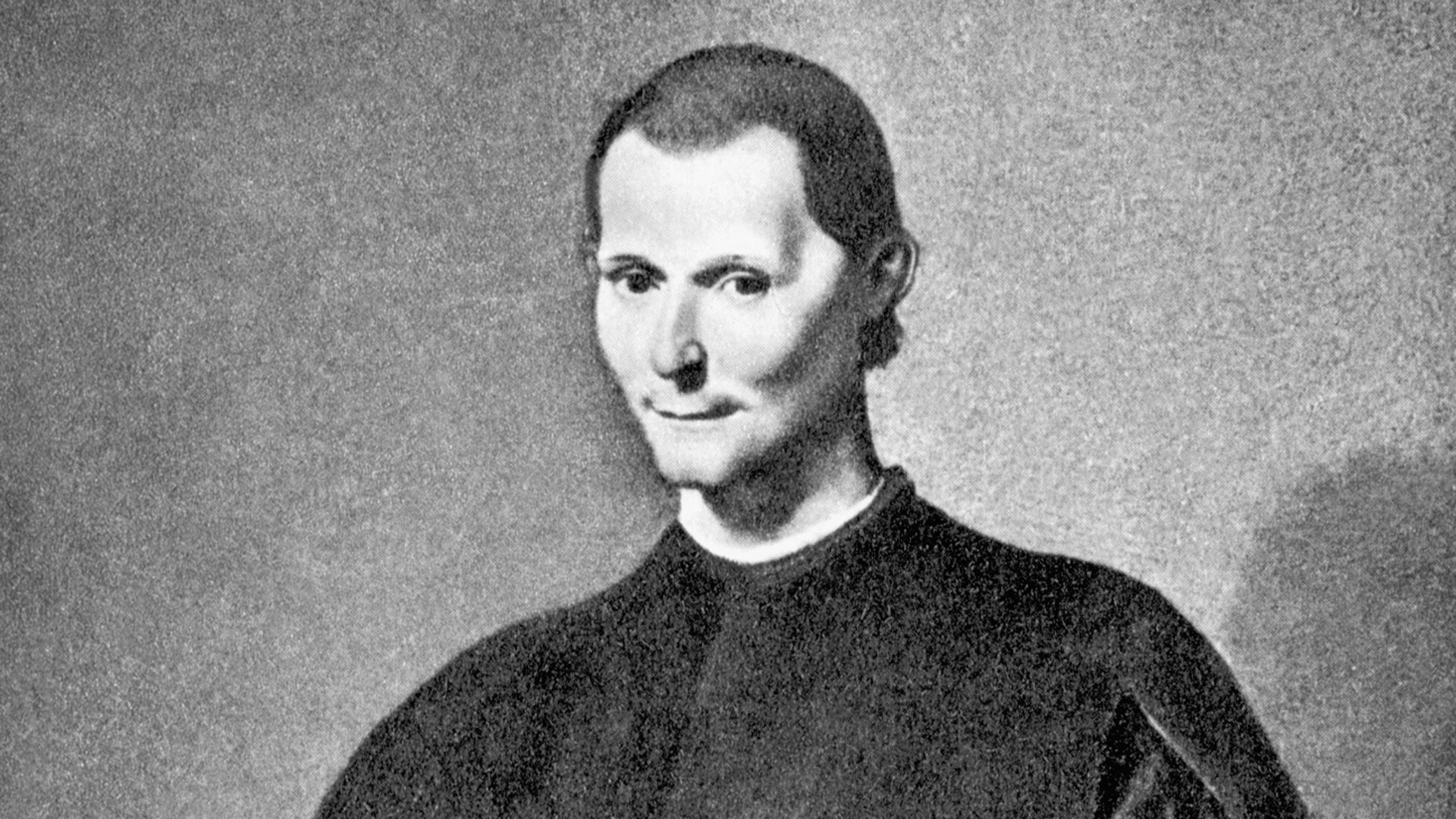Behzad Karim
Niccolò Machiavelli, born on May 3, 1469, in Florence, Italy, and died on June 21, 1527, was a prominent Italian Renaissance figure, known for his contributions as a political philosopher and statesman. He served as the secretary of the Florentine republic and is widely recognized for his most notable work, “The Prince” (Il Principe), which generated a controversial reputation, labeling him as an atheist and an immoral cynic.
Machiavelli came from a wealthy and influential family that had held significant offices in Florence since the 13th century. His father, Bernardo, although a doctor of laws, faced financial struggles due to being barred from public office as an insolvent debtor. This forced him to live modestly, managing his small property near the city while also practicing law discreetly. Machiavelli’s education and early life in Florence exposed him to the city’s flourishing intellectual and artistic environment. He attended lectures by Marcello Virgilio Adriani at the Studio Fiorentino, where he acquired a humanist education and developed proficiency in Latin, and possibly some knowledge of Greek, which was customary for officials of the Florentine Chancery.
In 1498, Machiavelli, at the age of 29, assumed the role of the head of the second chancery in Florence, responsible for foreign affairs in subject territories, a position he held until 1512. His tenure involved significant diplomatic and military missions, including engagements with prominent figures such as Cesare Borgia, Pope Julius II, and Holy Roman Emperor Maximilian I. Machiavelli’s experiences during this period informed his later works, as he witnessed and discussed political power struggles and the use of force in his diplomatic writings.
After the downfall of the Florentine republic in 1512, Machiavelli was imprisoned, tortured, and subsequently exiled to his father’s property in San Casciano. It was during this period of exile, a time of great personal adversity, that he authored his most well-known works, “The Prince” and “Discourses on Livy”, both of which were published posthumously. This period of exile, far from stifling his intellect, became the fertile ground for his literary and philosophical pursuits.
Machiavelli also contributed to the fields of political discourse and poetry, with works reflecting his observations on Florentine history. He is best known for “The Prince”, which is often seen as Machiavelli’s advice to a ruler on the use of power and maintaining control. The controversy surrounding Machiavelli’s ideas lies in the perception of him as an advocate for ruthless and deceitful methods in politics, leading to conflicting interpretations of his works. Some view Machiavelli as a proponent of evil, while others emphasize his role as a patriot seeking to free Italy from foreign control.
In his “Discourses on Livy”, Machiavelli delves into the comparison of ancient and modern political structures and the need for impactful leadership. He presents the intriguing concept of “the end justifies the means”, advocating for strong and even ruthless actions if they lead to a positive outcome for the state.
Machiavelli’s views on religion, governance, and the nature of power challenged conventional beliefs and continue to provoke extensive analyses and discussions. His works remain influential in the study of political philosophy, not as historical artifacts, but as living documents that continue to shape contemporary political thought.
Machiavelli’s legacy is a complex and multifaceted one, with both direct and indirect influences on later times. His works were subjected to significant criticism during his lifetime and even after, as the term “Machiavellian” came to be associated with deceit and ruthlessness. His writings, due to their controversial nature, were placed on the Index Librorum Prohibitorum (“Index of Forbidden Books”) in 1564. Despite this, his works continued to be read and discussed by modern philosophers, albeit with varying degrees of admiration and defensiveness.
Some thinkers, such as Francis Bacon, James Harrington, Benedict de Spinoza, and Jean-Jacques Rousseau, openly engaged with Machiavelli’s ideas, finding elements of boldness, prudence, and republican principles in his works. Their interpretations sought to present Machiavelli as a figure with good intentions and a valuable contributor to political thought. Additionally, a contemporary republican interpretation of Machiavelli emerged, emphasizing his potential as a communitarian alternative to self-interested liberalism.
Moreover, Machiavelli’s indirect influence was profound, particularly through thinkers who adopted his doctrines without explicitly acknowledging him. This clandestine engagement with his ideas led to the development of the practice of quoting passages from other sources, such as the Roman historian Tacitus, rather than directly citing Machiavelli. This approach allowed for the exploration and application of Machiavellian concepts while avoiding association with his infamous name.
Beyond these specific engagements with Machiavelli’s writings, some scholars, such as Jacob Burckhardt and Leo Strauss, have positioned Machiavelli as the founder of modernity. They highlighted his vision for a “perpetual republic” that would address the weaknesses of contemporary society and establish a political order resistant to fortune’s whims. This perspective underscores the presence of modern notions of irreversible progress, secularism, and the pursuit of public good through private interest in Machiavelli’s works.
Machiavelli’s legacy is marked by the enduring debate about his true intentions and impact. His works, particularly ‘The Prince ‘, continue to provoke diverse and sometimes contradictory interpretations. Yet, regardless of these debates, his influence on political thought and the exploration of power dynamics remains significant, shaping subsequent philosophical and political discourses.
















